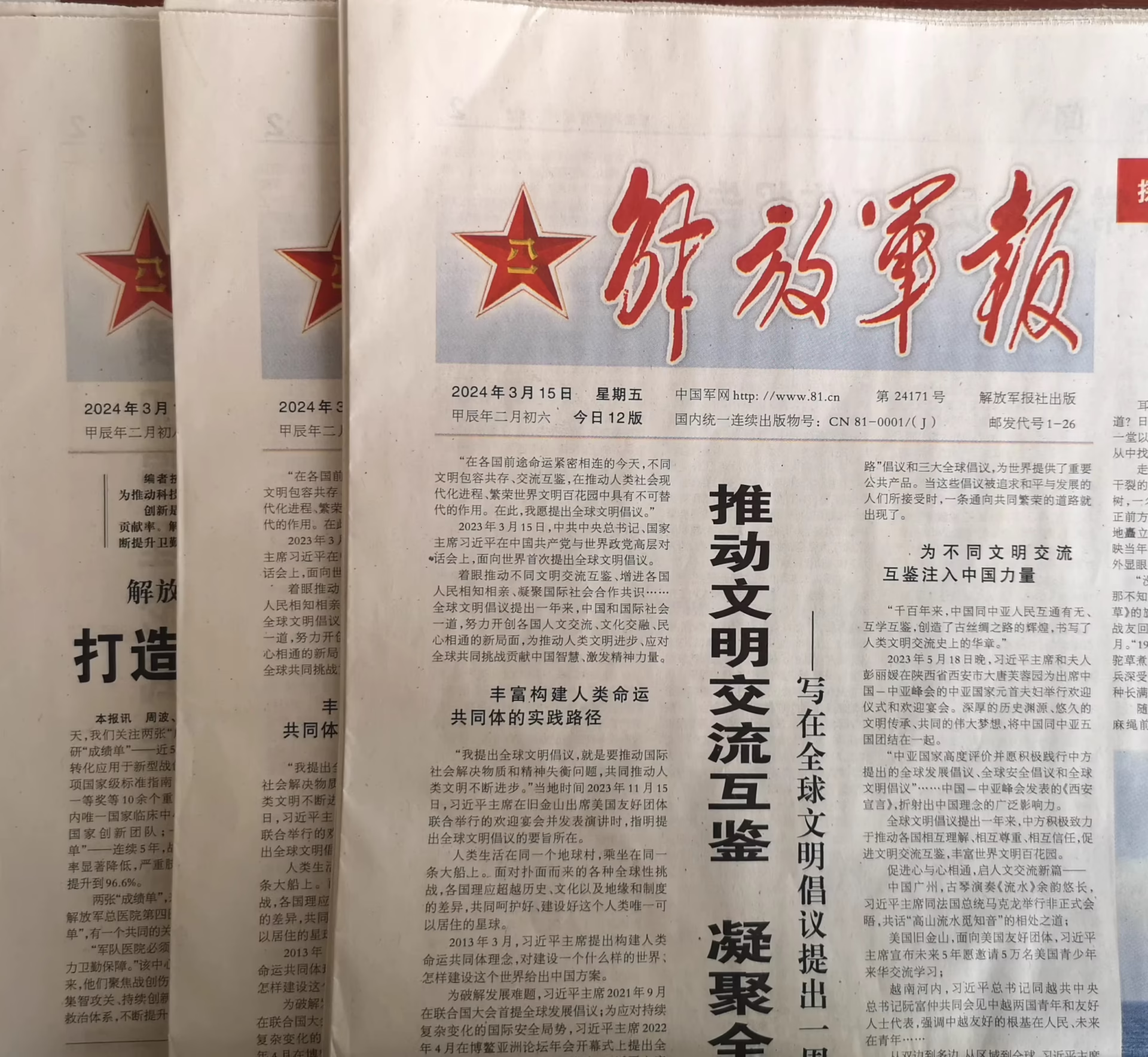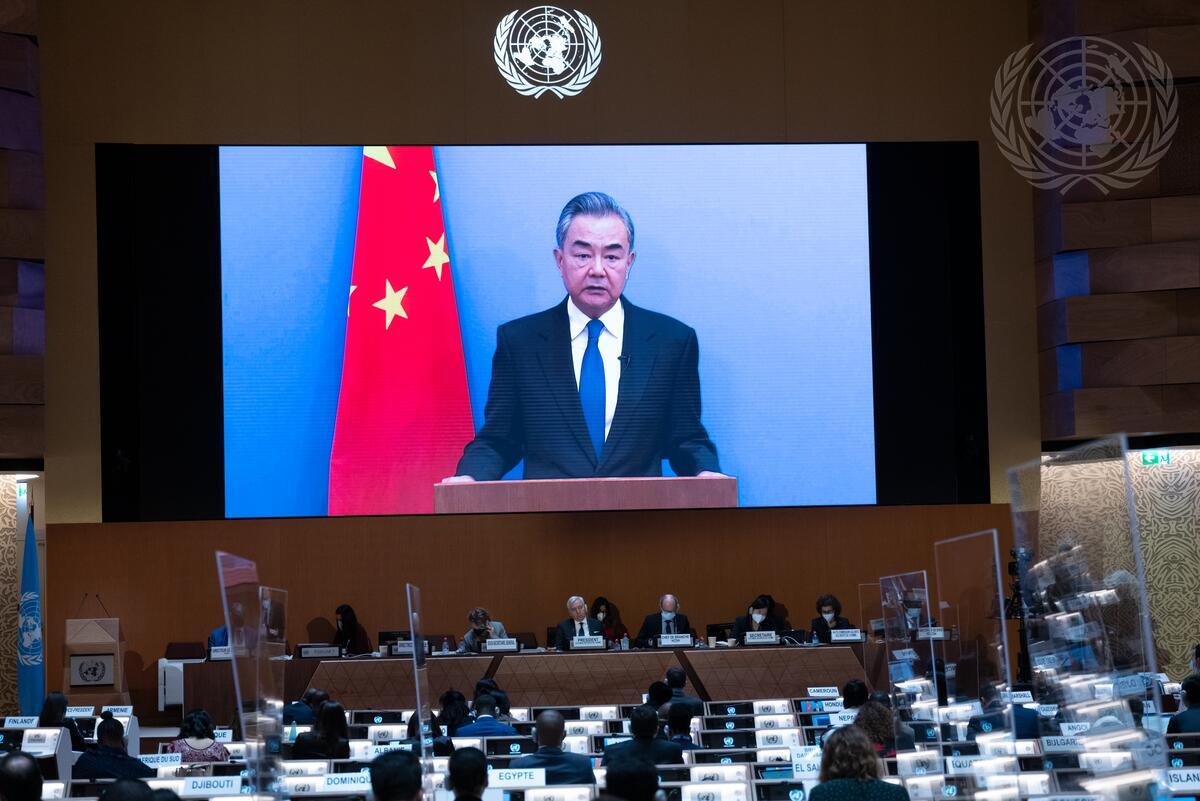INTERFAX STOCK INDEX: THE RUSSIAN MARKET HAD A BANNER YEAR.
INTERFAX STOCK INDEX: THE RUSSIAN MARKET HAD A BANNER YEAR.
According to the stock market index developed by Interfax’s Center for Economic Analysis, Russian securities markets posted whopping 130 percent growth (in nominal ruble terms) during 1997. (Russian agencies, January 4) This increase, which occurred despite the downward trend that took hold following the collapse of the Asian markets in the fall, contrasts sharply with declines posted by stock indexes in many emerging markets last year. Growth in Russia was led in particular by equities — especially those issued by energy giants UES and LUKoil — whose combined equity constitutes some 40 percent of Russia’s $100 billion market capitalization. The price of UES stock increased by some 160 percent last year; other star performers included Ivtelecom (which posted 860 percent growth), the Eastern Oil Company (830 percent growth), Yartelecom (700 percent growth), and Sberbank, Russia’s largest financial institution (400 percent growth). Renewed reform efforts in 1997, associated with the policies of Deputy Prime Ministers Anatoly Chubais and Boris Nemtsov, as well as President Boris Yeltsin’s return to health following open heart surgery in 1996, seem to have convinced many investors that Russian securities were worth the risk.
While more of the same is generally predicted for 1998, many observers are quick to call attention to the Russian market’s problems. As a recent Wall Street Journal article pointed out, settling a security transaction in Russia can take up to a month for technical reasons; and purchasers must often travel to company headquarters in order to register their purchase. (The Wall Street Journal, November 5) Attempts at resolving these problems have foundered upon rivalries among such players as the Oneksimbank financial group, Moscow mayor Yury Luzhkov, and the Russian Central Bank, all of whom have authored competing programs for reforming Russia’s settlement, depository, and registration mechanisms. Moreover, a serious weakening during 1998 in Yeltsin’s commitment to reform, or in his support for reformers Chubais and Nemtsov, could also depress Russian security markets.
Moscow Opposes Military Option in Iraq Crisis.


